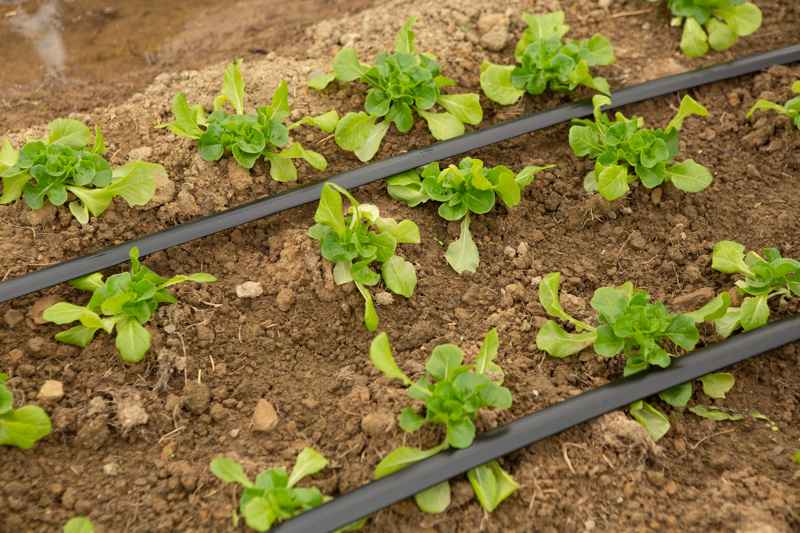In a world that often seems to prioritize convenience over conscientiousness, the organic lifestyle stands as a beacon of sustainable living, offering a myriad of benefits for both individuals and the planet.
From the food we consume to the products we use, embracing an organic lifestyle transcends a mere trend; it embodies a holistic commitment to well-being, environmental stewardship, and ethical practices. In this exploration, we delve into the multifaceted reasons why the organic lifestyle emerges as the best lifestyle choice.
Nourishment from Nature:
Superior Nutritional Value:
At the core of the organic lifestyle is the commitment to consuming food in its purest and most unadulterated form. Organic fruits, vegetables, and grains are renowned for their superior nutritional profiles, often containing higher levels of essential vitamins, minerals, and antioxidants compared to conventionally grown counterparts. By choosing organic, individuals prioritize nourishment that extends beyond mere sustenance to optimal health.
Reduced Exposure to Harmful Chemicals:
Conventional farming relies heavily on synthetic pesticides, herbicides, and fertilizers, which can leave residues on the food we eat. The organic lifestyle offers a refuge from this chemical exposure, ensuring that the produce on our plates is free from harmful residues. By opting for organic, individuals contribute to the reduction of their personal pesticide intake, fostering long-term health benefits.
Environmental Harmony:
Regenerative Agriculture:
Organic farming practices prioritize regenerative agriculture, a concept that goes beyond sustainability by actively restoring and rejuvenating the land. Through techniques such as cover cropping, crop rotation, and the avoidance of synthetic chemicals, organic farmers contribute to soil health, biodiversity conservation, and the overall resilience of ecosystems. The organic lifestyle thus becomes a personal endorsement of regenerative practices that heal the earth.
Mitigating Climate Change:
The carbon footprint associated with the production and transportation of food is a significant contributor to climate change. The organic lifestyle, with its emphasis on local and seasonal produce, inherently reduces this footprint. By choosing food grown organically, individuals play a role in mitigating climate change, fostering a sustainable and resilient environment for future generations.
Ethical Considerations:
Compassionate Animal Welfare:
The organic lifestyle extends its ethical considerations to the treatment of animals. Organic farming practices prioritize the humane treatment of livestock, allowing animals to graze in open spaces and avoiding the use of growth hormones and antibiotics. This commitment to compassionate animal welfare aligns with the broader ethos of the organic lifestyle—respect for all living beings.
Support for Fair Trade:
Beyond the farm, the organic lifestyle often intersects with fair trade practices. By choosing organic products that bear fair trade certifications, individuals ensure that the farmers and workers involved in the production chain receive fair wages and operate in safe conditions. This ethical dimension adds a layer of social responsibility to the organic lifestyle, fostering a global community committed to fairness and equity.
Personal and Social Wellness:
Healthier Lifestyle Choices:
The organic lifestyle extends beyond the realm of food to encompass various aspects of daily living. Choosing organic personal care products, cleaning supplies, and clothing reduces exposure to harmful chemicals, contributing to a healthier and more sustainable lifestyle. This holistic approach recognizes the interconnectedness of personal well-being with the well-being of the planet.
Community Engagement:
The organic lifestyle often fosters a sense of community and connection. Farmers’ markets, community-supported agriculture (CSA) programs, and local organic initiatives bring people together, creating a shared commitment to sustainable living. The act of choosing organic becomes not just an individual choice but a collective effort to create positive change at both local and global scales.
Future-forward Sustainability:
Innovation in Agriculture:
As the demand for organic products continues to rise, so does the investment in innovative agricultural practices. Research and development in organic farming lead to advancements in agroecology, precision farming, and sustainable technologies. Choosing the organic lifestyle becomes a vote for ongoing innovation, supporting a future where agriculture harmonizes with nature rather than exploits it.
Preserving Biodiversity:
The organic lifestyle inherently contributes to the preservation of biodiversity. By favoring diverse crop rotations and avoiding monoculture practices, organic farming creates environments conducive to a variety of plant and animal species. This commitment to biodiversity safeguards ecosystems and strengthens the resilience of the natural world.
Conclusion:
In embracing the organic lifestyle, individuals embark on a journey that transcends personal well-being to encompass the health of the planet and the interconnectedness of all living things. The organic lifestyle emerges not just as a choice but as a philosophy—a holistic commitment to living in harmony with nature.
From nourishing the body with wholesome, pesticide-free food to contributing to regenerative agriculture and supporting ethical practices, the organic lifestyle stands as the pinnacle of sustainable living. As we navigate the complexities of the modern world, the organic lifestyle beckons as a transformative choice—one that resonates with the essence of a healthier, more compassionate, and environmentally conscious way of life.

